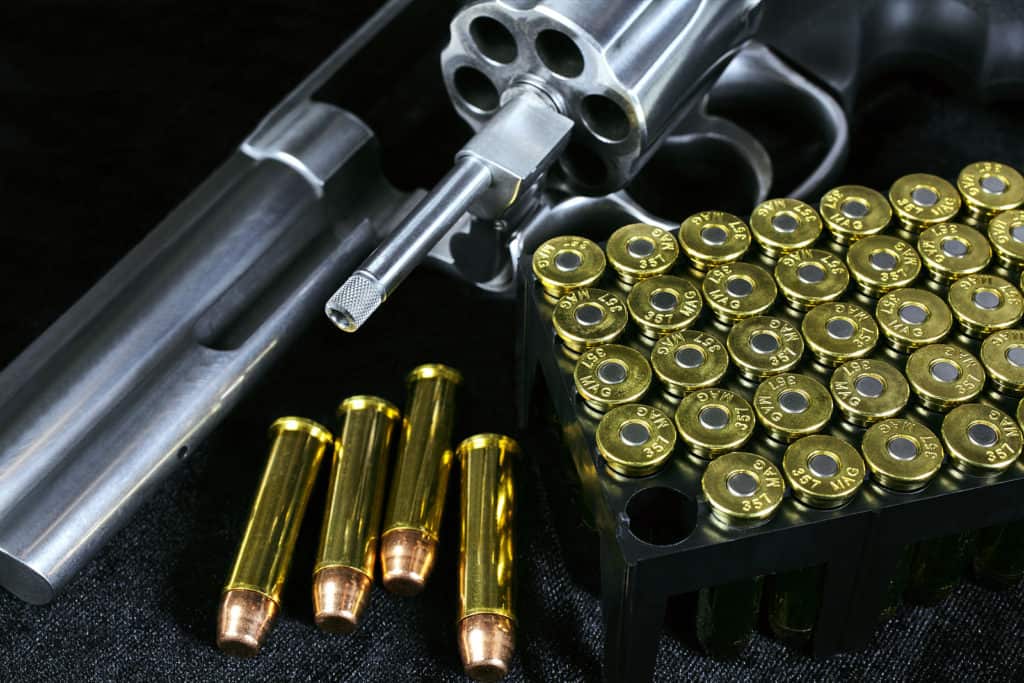A California appeals court has revived a lawsuit that challenges a state law that critics say effectively bans the sale of new guns.
The law requires semi-automatic handguns to be equipped with new technology that stamps bullet casings with identifying information.
Fresno’s 5th District Court of Appeal ruled on Thursday that gun makers may present evidence supporting their claims that the law makes it nearly impossible to sell new guns.
The appeals court previously overturned a lower court’s rejection of the lawsuit, and sent the case for further proceedings, KCRA 3 reported.
Justice Herbert Levy wrote, “It would be illogical to uphold a requirement that is currently impossible to accomplish.”
Levy added that state officials said gun manufacturers could comply with the law by placing two stamps on the firing pin. However, the appeals court said the law requires dual stamping to prevent criminals from beating the law by removing the firing pin. Levy argued that placing two stamps on the firing pin “would not serve that purpose.”
Governor Arnold Schwarzenegger signed the law in 2007. Supporters of the legislation said it was the first of its kind in the country, and would help law enforcement solve gun crimes. The identifying information would link the bullet casings to guns.
Under the law, new handguns are required to have an array of microscopic characters in two spots that will identify the gun’s model, make and serial number. The identifying information would be imprinted on the bullet casing when the gun is fired.
Critics of the law say “microstamping” two areas would be impossible, as only the tip of the firing pin can be microstamped. Even so, current microstamping technology is still unreliable and inconsistent, gun advocates say.
The lawsuit challenging the law was filed with the Sporting Arms and Ammunition Manufacturers’ Institute.
The law was set to go into effect in 2010, but patents on the technology delayed the law’s implementation. At least one of the patents was purchased by a gun rights group to delay the law’s enactment.









